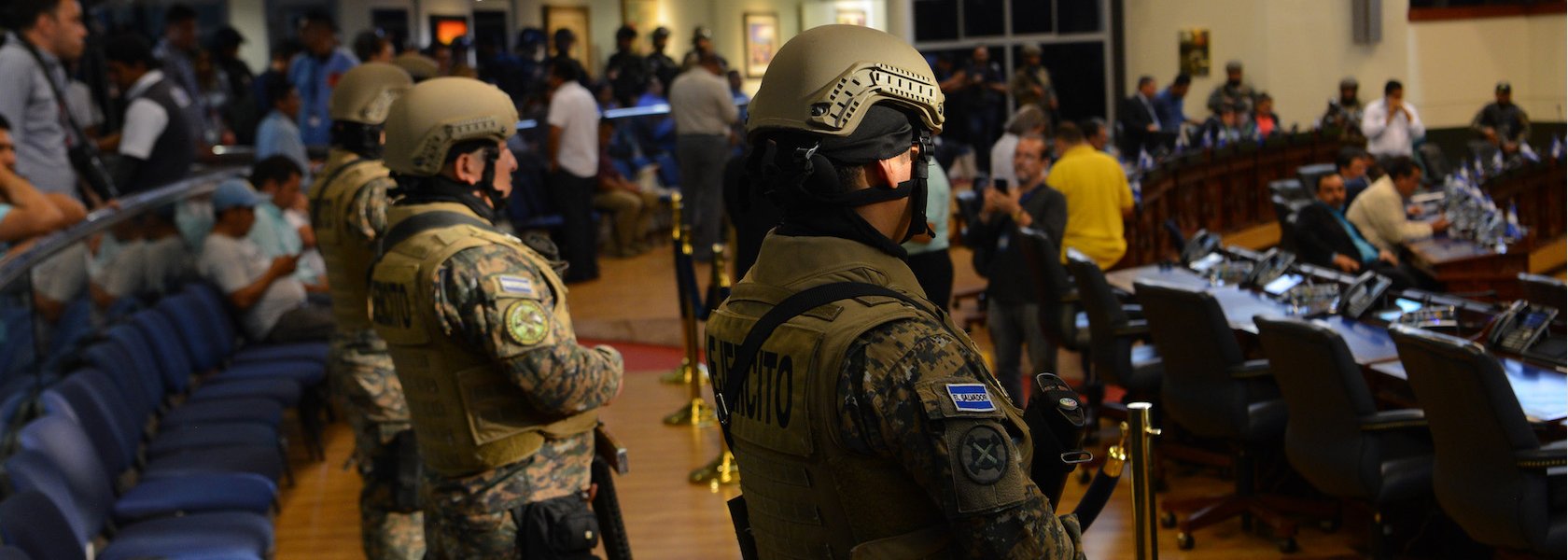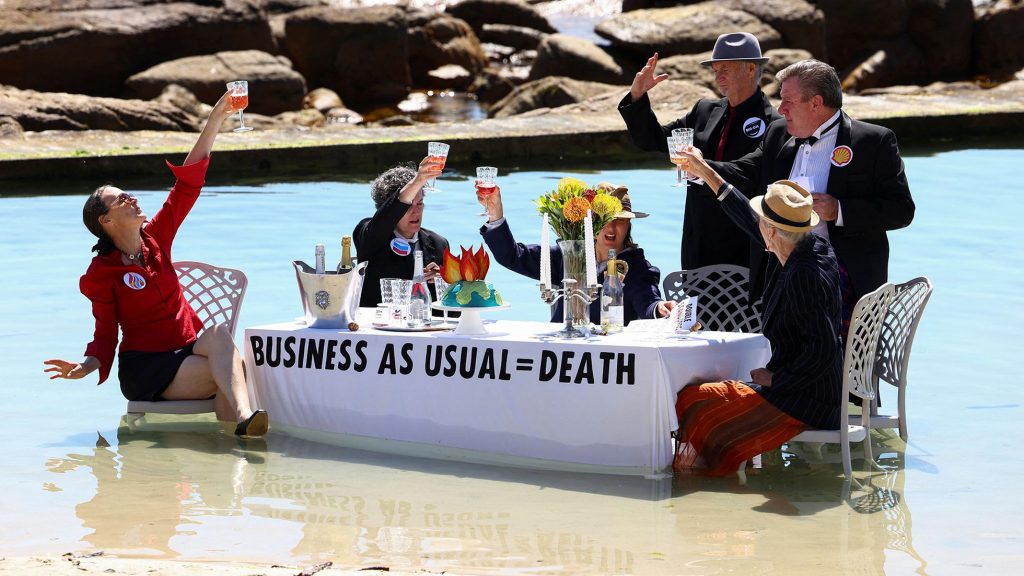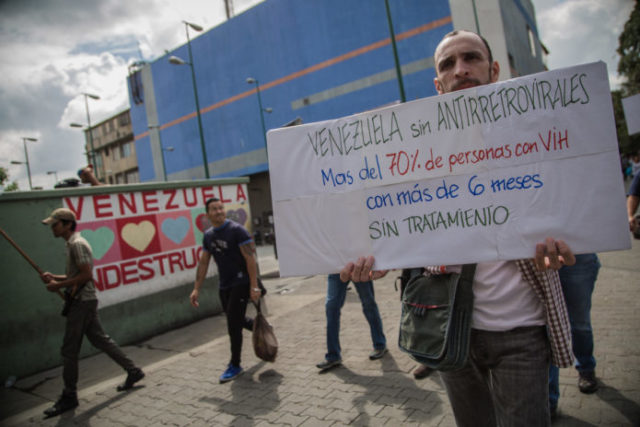Used to exercising its authoritarian power within the national territory, the de facto government of Venezuela has been projecting this behavior for years before international human rights organizations and more recently before the International Criminal Court (ICC). However, neither the ICC nor the majority of intergovernmental organizations is subject to authoritarian powers, rather they are the result of multilateral treaties and long institutional traditions agreed upon by the state parties. The Maduro government is now paying the price of incorporating its internal authoritarian logic into its international relations at the Organization of American States (OAS), the United Nations (UN), and the International Labor Organization (ILO). More surprisingly, it has displayed without any decorum those same logics in fulfilling its duties of cooperation with the ICC.
First of all, these authoritarian logics had their maximum expression with the denunciation of the American Convention on Human Rights in 2013 and the withdrawal from the OAS in 2017. It is a great mistake to believe that the price to pay for turning the back on the OAS is only limited to the Americas and does not transcend other international fora. How can Maduro’s representatives to the UN and the ILO, or officials of that government in their dealings with the ICC, build an image of genuine cooperation and good faith when they have done everything possible to strip their own people of the Inter-American Human Rights System, one of the most advanced in the world?
With the same arrogance with which they left the Inter-American System, Maduro’s representatives went on to lash out at the former UN High Commissioner for Human Rights, Zeid Ra’ad Al Hussein, for his harsh reports of 2017 and 2018, which they deemed “unfounded, meddling, and irresponsible.” Then it was the turn of Mrs. Bachelet, who was called a liar and the reason to announce a review of the relations of Venezuela with the Office of the High Commissioner. Not to mention the Fact-Finding Mission, who was not granted access to the country nor saw its recommendations complied with, and whose members were labeled “mercenaries who attack the country with their lies.” The same pejorative treatment has been given to the diplomats of the member states of the Human Rights Council when they are not unconditional allies, accusing them of being servants of the “empire”, subordinates, and neo-colonialists, among many other affronts. Finally, the UN Deputy Secretary for Human Rights, Ilze Brands Kehris, was also questioned in her “honesty and transparency” after she presented to the Human Rights Council her report on intimidation and reprisals against civil society in 2020, including cases from Venezuela.
This arrogance has also been displayed in the ILO, during the sessions of the Governing Body last March, when Maduro’s representatives rejected the recommendations of the Commission of Inquiry, the highest investigative mechanism of the organization, which issued its report in September 2019 after visiting the country in July of the same year. In those sessions, the Venezuelan representative described the debate as “hostile, small-minded, and plagued with political interests against his government”. Sure enough, these representatives will repeat the same diatribe next November when the “Consideration of all possible measures, including those foreseen in the ILO Constitution, required to ensure the Government’s compliance with the recommendations of the Commission of Inquiry” get discussed in the agenda.
The next turn in this inertia of affronts and discredit tactics now corresponds to the International Criminal Court and especially to the ICC Prosecutor’s Office. National officials have not cared about the fact that the Venezuelan State has accepted the jurisdiction of the international court through the ratification of the Rome Statute. Indeed, the recent statements by senior officials of the Venezuelan government are part of a discrediting campaign aimed at undermining the credibility of the ICC and the trust of the Venezuelan population in that international court. Ultimately, this campaign responds to the same objectives of the government during the debates at the OAS, the UN, and the ILO: discrediting international bodies to avoid international monitoring and accountability. But above all, it seeks to discourage the victims from exercising their right to international protection provided for in Article 31 of the Constitution and undermine their trust in those instances. In other words, just as the population has rightly lost trust in Venezuelan justice, these tactics deliberately seek to prevent the building of trust in international human rights bodies and especially the International Criminal Court.
In the end, this diplomacy based on insults and discredit is an essential part of the machinery of State policies that seek to isolate the population from the mechanisms of international protection. In the short term, it achieves the objective of delaying and wearing down these mechanisms to avoid reaching the core of the debate, but in the long term, it has consolidated the image of a government that does not cooperate in good faith nor in an authentic way, with the UN, the ILO, and the ICC.
Translated by José Rafael Medina




